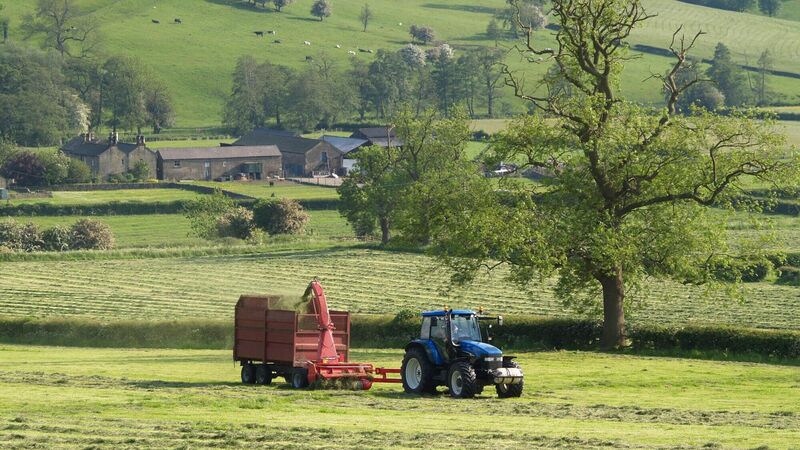What Budget 2022 means for farmers and how stealth taxes will impact

The upward trends in fuel, and natural gas prices, as well as the expected significant lift in feed and fertiliser prices for the coming season is worrisome
Try from €1.50 / week
SUBSCRIBEThis year’s budget was a bit of a damp squib. Let’s be grateful though that the Government didn’t decide to go on a tax-collecting rampage to shore up this year’s budget deficit.
However, there are a number of areas where farmers will end up paying additional stealth taxes. Perhaps the most significant of these tax hits will come in the form of the adjustment of the flat-rate Vat addition from 5.6% to 5.5%.
Already a subscriber? Sign in
You have reached your article limit.
Annual €130 €80
Best value
Monthly €12€6 / month
Introductory offers for new customers. Annual billed once for first year. Renews at €130. Monthly initial discount (first 3 months) billed monthly, then €12 a month. Ts&Cs apply.
Newsletter
Keep up-to-date with all the latest developments in Farming with our weekly newsletter.
Newsletter
Keep up-to-date with all the latest developments in Farming with our weekly newsletter.
Newsletter
Sign up to the best reads of the week from irishexaminer.com selected just for you.
Newsletter
Keep up with stories of the day with our lunchtime news wrap and important breaking news alerts.
Sunday, February 8, 2026 - 7:00 AM
Sunday, February 8, 2026 - 7:00 AM
Saturday, February 7, 2026 - 11:00 PM
© Examiner Echo Group Limited